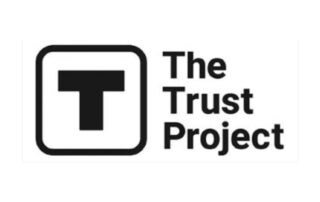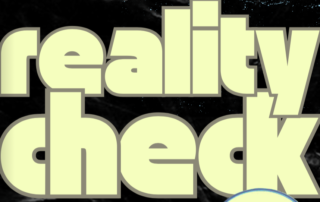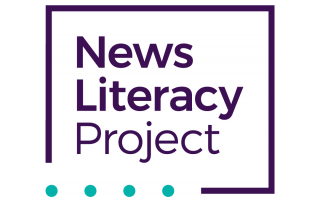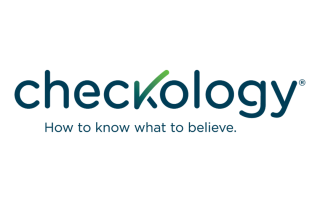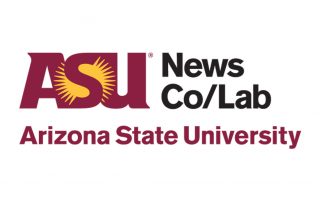The Trust Project shares 8 indicators to help you decide if you should trust or share content: The journalist reporting the story The purpose of the content Sources used Local ties Diverse voices Ability to offer feedback Reporting methods Transparent best practices
Digital flipbook offers reality check
Poynter's new media literacy zine helps your spot misinformation online. The nonprofit's MediaWise initiative produced the zine to "help you make educated decisions while scrolling through wild claims online, from out-of-context political posts to seemingly harmless deepfake videos of massive tree frogs that don’t really exist." Inside the zine, you can: Find out if your crush is just AI generated [...]
Take these online quizzes to test your news literacy fitness
The News Literacy Project has created multiple quizzes to help you become a better media consumer.
Nonprofit offers free media literacy lessons for e-learners
Checkology's online lessons and exercises are ranked by difficulty so educators can create customized courses for their students.
Walter Cronkite School of Journalism offers online media literacy training
Arizona State University is offering a free media literacy course open to anyone who reads, watches, listens to or creates media online.
7 fact-checking websites & tools
1. Snopes David Mikkelson started Snopes in 1994 to investigate urban legends, hoaxes, and folklore. Today the website is an ever-growing resource for fact-checking on articles of all kinds. The independent publication is owned by Snopes Media Group.
Georgia Historical Society publishes media literacy activity guide for students
The Georgia Historical Society has created a Media Literacy Activity Guide to help students in grades 2-12 develop critical thinking skills through media literacy, which is the ability to analyze, evaluate, and create various forms of communication. According to the nonprofit, students will also be able to explore the rise of mass media during the Cold War and the [...]
Seniors can learn to spot misinformation in self-directed, online course
Adults 50+ plus now have access to an online resource for spotting misinformation, hoaxes and scams. In 2020, The Poynter Institute launched MediaWise for Seniors, a self-directed course which helps older adults sort fact from fiction. MediaWise is a nonprofit, nonpartisan digital media literacy initiative. Participants can start and stop the 6 to 8-hour course, setting their own pace [...]
ONLINE QUIZ: Can you ‘Spot the Troll’ spreading misinformation?
A unique online quiz produced by Clemson University is helping the public spot signs of fake social media accounts. These accounts, dubbed ‘trolls’, are often created to spread misinformation and distrust. The Spot the Troll quiz tests your ability to distinguish which accounts are real and which are created by professional trolls using 8 different social media profiles. As [...]

